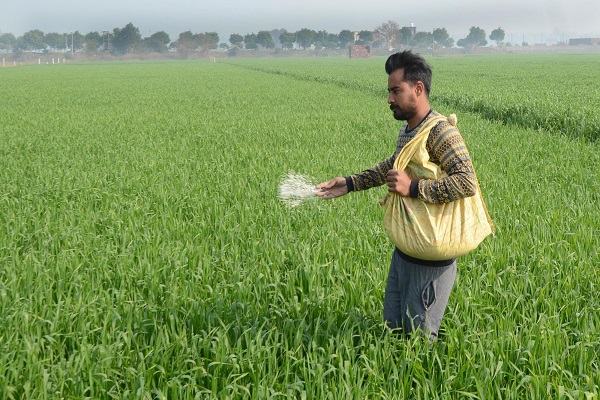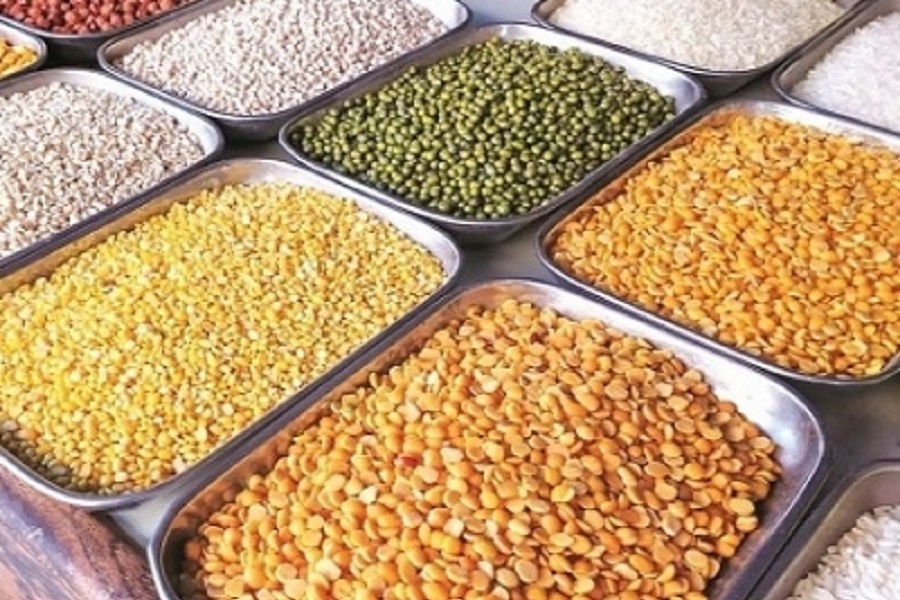DGFT proposes amendments to export obligation period for key sectors

With a view to facilitate outbound shipments, the Directorate General of Foreign Trade (DGFT) under the Commerce Ministry has proposed to amend the export obligation period for certain sectors such as spices, pharmaceuticals and tea. The government has issued a call for comments from all relevant stakeholders on these proposed amendments, allowing a 15-day window for feedback. The plan aims to make the export process more flexible by updating the Advanced Authorisation Scheme.
This scheme permits duty-free imports of inputs required for manufacturing goods designated for export, subject to a specific export obligation period. Failing to meet this obligation within the stipulated timeframe leads to penalties. The DGFT has made this move in response to numerous representations from Export Promotion Councils (EPC) and exporters, advocating for a review of the current export obligations outlined in Appendix-4J of the Foreign Trade Policy's Handbook of Procedures 2023.
The proposed changes notably seek to ease export obligations for crucial commodities including wheat, raw sugar, natural rubber, maize, and walnuts. While export of wheat is currently banned in India, the willingness to adjust terms for other sectors suggests a broader strategy to bolster export activities. The directorate has detailed relaxation periods for various products, such as extending the period for spices to 12 months and reducing the export obligation period for coconut oil from 90 days to 6 months.























